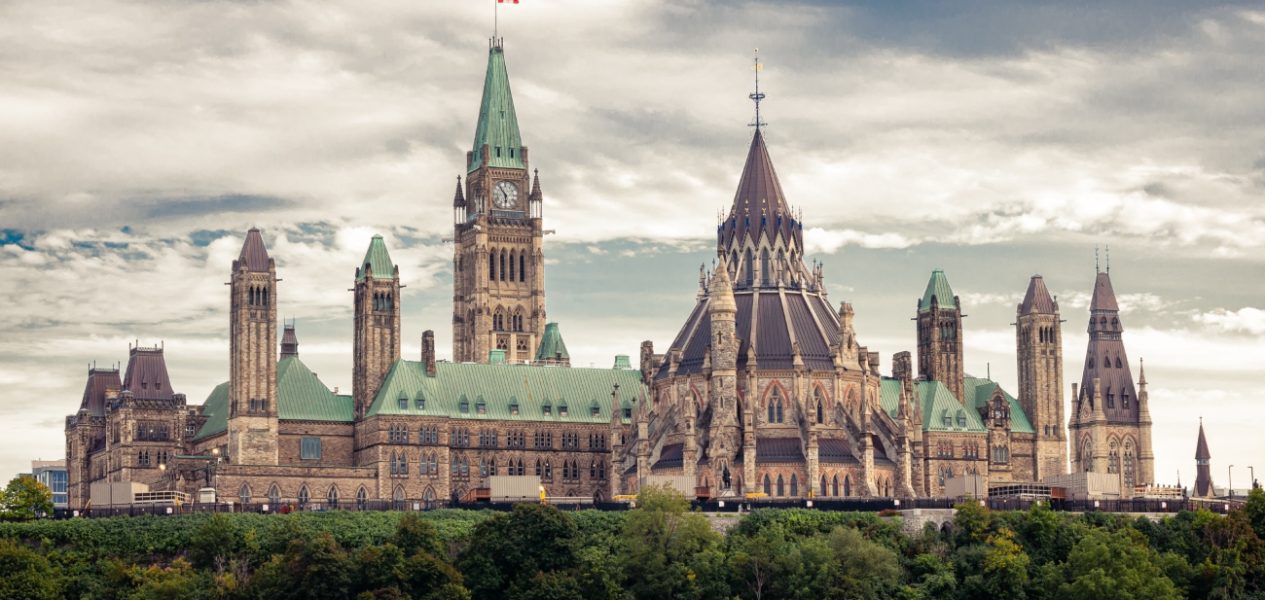The new year has officially begun, and that means a whole new set of laws, rules, and regulations will be taking effect this year. There are many new laws in Canada in 2023 that you should be aware of, and here are five of the biggest ones.
From bans on plastic to increasing taxes and improvements to housing affordability, here’s what Canada will be making official this year.
Foreign home buyers ban
The foreign home buyers ban in Canada became official on January 1st, 2023, prohibiting non-Canadians from purchasing a residential property in the country for two years.
The ban is called the Prohibition on the Purchase of Residential Property by Non-Canadians Act.
A “non-Canadian” refers to anyone who is not a Canadian citizen, permanent resident, or person registered under the Indian Act, according to the Government of Canada.
However, there are some exceptions made for temporary residents, refugees, and accredited members of foreign missions.
Single-use plastic ban
A “world-leading” ban on certain single-use plastics came into effect in December 2022. However, the federal government will crack down even harder in mid-2023.
On December 20th, Canada prohibited the manufacturing and import for sale of these items:
- checkout bags
- cutlery
- foodservice ware made from, or containing, problematic plastics that are hard to recycle
- stir sticks
- straws
The manufacturing and import of ring carriers (often used for beverages) will be banned starting in June 2023. In 2025, the export of these items will also be prohibited.
Recent Posts
Canada is bringing back travel testing requirements for some countries this week
This Canadian city has been named one of the best destinations to visit in 2023

Increase in payroll taxes
Canada is hiking employment-related taxes this year and that could mean less take-home pay for workers in 2023.
Revenue Canada is raising Employment Insurance (EI) premiums to a maximum of $3,754.45 and Canada Pension Plan (CPP) contribution rates to 5.95%.
According to the Canadian Federation of Independent Businesses (CFIB), that means Canadian employees could lose up to $305 in take-home income this year, “unless their employer is able to make up the difference.”
Increasing carbon price
From 2023 to 2030, the federal government will increase the minimum price of carbon pollution by $15 per tonne per year.
This year, the amount is set at $65 and will rise to $80 in 2024, $95 in 2025, and so on.
Canadians living in provinces where the federal jurisdiction applies, including Ontario and Alberta, will continue to receive Climate Action Incentive payments in the mail as the price increases.
Tax-Free First Home Savings Account
Among the other new laws in Canada is the launch of a new Tax-Free First Home Savings Account, which will allow first-time homebuyers to save $40,000 tax-free toward their first home starting in mid-2023.
Canada is also doubling the First-Time Home Buyers’ Tax Credit to help Canadians pay for closing costs on their first home.
A new Multigenerational Home Renovation Tax Credit was launched on January 1st, which provides families with a tax credit of up to $7,500 if they have a family member with disabilities moving in with them.

